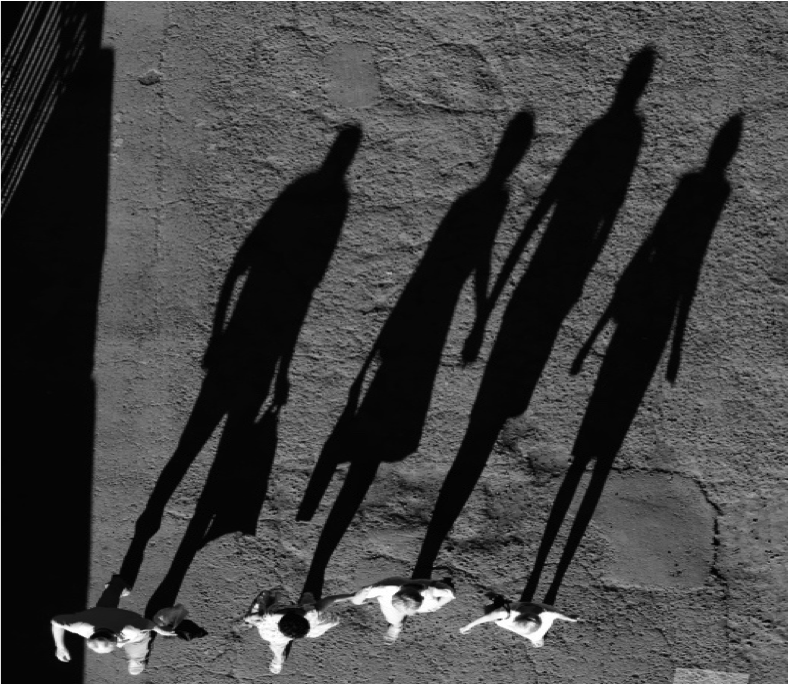We were declared free But their shadows still lingers
Waiting to prevail
Source: Truma Nik. Григорий Сапегин. 2011. Photograph.
The Philippines became independent in June 4, 1946. That day marked the beginning of Filipinos exercising nationalism. However, today, why do I feel like Philippines, especially in Manila, has been promoting more internationalism than nationalism?
In fact, this was one of the symptoms of colonialism: ‘’stresses internationalism and underplays nationalism’’ ( Constantino, 9). Having lived in the Philippines for the last six years, I’ve observed an abundant of cultural and economic changes in the city I lived in – Taguig. This land was bare and underdeveloped a few years ago, but now, it has become a highly developed commercial and industrialized area. The only authentic, local brands I could recognize were renowned brands such as Bench, Jollibee, and Philippine Long Distance Telephone Company (PLDT). It was shocking how the presence of Filipino brands were fewer than international brands. This city already revealed that Filipinos live in an area that undermines their nationalism. They had no sense of Filipino culture but instead they’ve become globally aware of other countries’ culture. This may appear as positive, but again, it has impalpable consequences; we were once again becoming ‘’UnFilipinos Filipinos’’ (Constantino, 9) in our very own country.
I’ve realized this change in myself when I enjoyed foreign products and services instead of local. In addition to that, I’ve begun studying in an international school in Taguig. I felt I became more foreign when I started attending a school that didn’t require their students to take Filipino classes and consisted of many different races. Gradually, I’ve lost my ability to speak Tagalog fluently to my parents and relatives because of these conditions. I felt more westernized because I was now in a community who converses in English and who have different perceptions and practices from my own. Even though other students also consider themselves Filipinos, I was positive that they were not authentic Filipinos (Filipinos who have a firm foundation of their history, their products, and their natural resources). In fact, I lost my grasp of what it means to be a Filipino.
However, I regained my awareness when I began volunteering for HERO Foundation, a non-profit organization that aimed to honor decapitated or injured soldiers by taking care of their families in return for their sacrifices, in Taguig. Being toured around the military compound and interacting with the families have touched my heart when I was told of what military forces were doing for locals, what their spouses have sacrificed themselves for, what the organization is doing for them. The main impression I’ve collected from this experience was Filipinos’ strong sense of community. I feel unity is the main foundation of our culture that foreign influences can never take away from us. I even realize it does exist in my own life, reflected in these words- ‘’pamilya’’ (family) and ‘’barkada’’ (group of friends).

